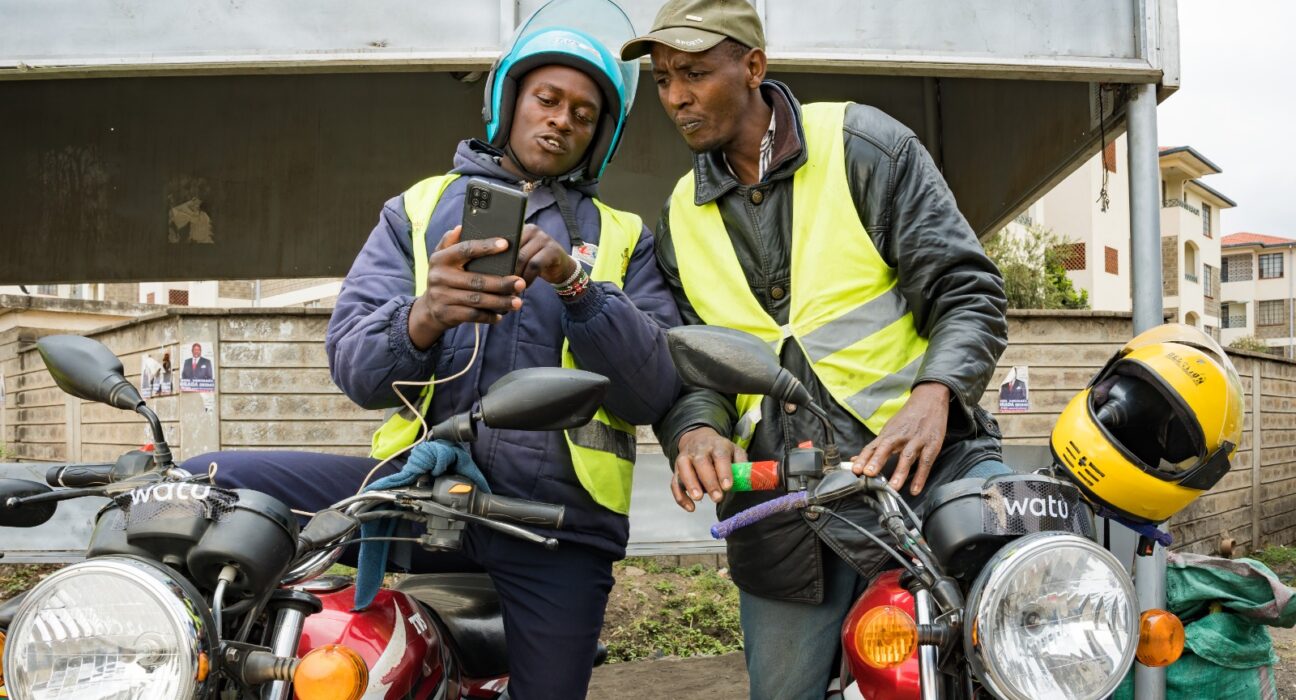A new report by Odipo Dev, a data analytics and civic research firm, has revealed a dramatic shift in Kenya’s national mood, with more citizens now afraid of state repression than they are of economic hardship.
While 42% of respondents in the report still cite the economy as a key concern, a growing number are increasingly worried about injustice (52%), abductions (44%), and the police (38%). These findings mark a startling departure from Kenya’s long-standing focus on economic issues, pointing instead to deepening anxiety around civil liberties, safety, and state accountability.
The report’s findings point to a shrinking civic space in both digital and physical realms:
- 76% of Kenyans now feel unsafe expressing political views online, particularly on social media platforms like X (formerly Twitter).
- The Computer Misuse and Cybercrimes Act has been flagged as a key tool used by the state to stifle dissent. Odipo Dev’s analysis shows that at least 22 citizens have been arrested and prosecuted under the Act since 2024.
- On the streets, 64% of respondents say they are more afraid to attend protests than they were just one year ago in June 2024.
“There’s a growing sense that both online and offline platforms are being weaponized against civic engagement,” noted one of the report’s lead researchers.
One of the report’s most striking revelations is the language shift in Kenyan public discourse. Words like:
- “Abductions” saw a staggering 326,000% increase in usage
- “Subaru”—referring to the car model frequently used in alleged abductions—rose 2,300%
- “Privacy” surged by 735%
These linguistic shifts were captured in a semantic analysis of Kenyan conversations on X, illustrating just how entrenched concerns around state surveillance, policing, and impunity have become in everyday dialogue.
Odipo Dev also found that hashtags advocating justice for abductees and victims of state violence drew more attention online than economic topics, highlighting how state brutality is reshaping public consciousness—particularly among younger, politically active demographics.
Despite the shift in public focus, the economic situation remains fragile and unresolved. Kenya’s debt burden continues to balloon, with interest payments consuming nearly one-third of total tax revenue. At the same time:
- Youth unemployment hovers above 40%
- Over one million youth enter the job market annually
- Small businesses report billions in losses linked to recent political protests and unrest
Many urban centres are now closing by 7 PM, under what residents describe as a de facto curfew, imposed not by law but by fear.
“The economic time bomb hasn’t disappeared. It has simply been pushed out of the spotlight by the scale of state violence,” the report notes.
The findings point to a reordering of Kenya’s political landscape ahead of the 2027 general elections. Traditionally framed as a referendum on economic management, the next election is now increasingly seen as a battle over state power, rights, and accountability.
Prominent figures such as:
- Former Chief Justice David Maraga, who was tear-gassed during the June 25 protests
- Senator and activist Okiya Omtatah
- Even Fred Matiang’i, once known for enforcing state directives, has broken ranks to call for restraint and constitutional order
All have pivoted their messaging to reflect growing voter anger over police brutality and shrinking democratic space.
The Odipo Dev report paints the picture of a tense, increasingly fearful nation, where political violence is no longer episodic but systemic and expected. Yet, despite growing fear, many Kenyans continue to speak out, organize, and demand justice—online, in court, and in the streets.
“We may be afraid, but we’re not defeated,” read one comment from a protester quoted in the report.
As Kenya’s economic fragility intersects with political repression, the battle for the nation’s future is no longer just about fiscal reform. It’s about freedom, dignity, and the right to speak without fear.





